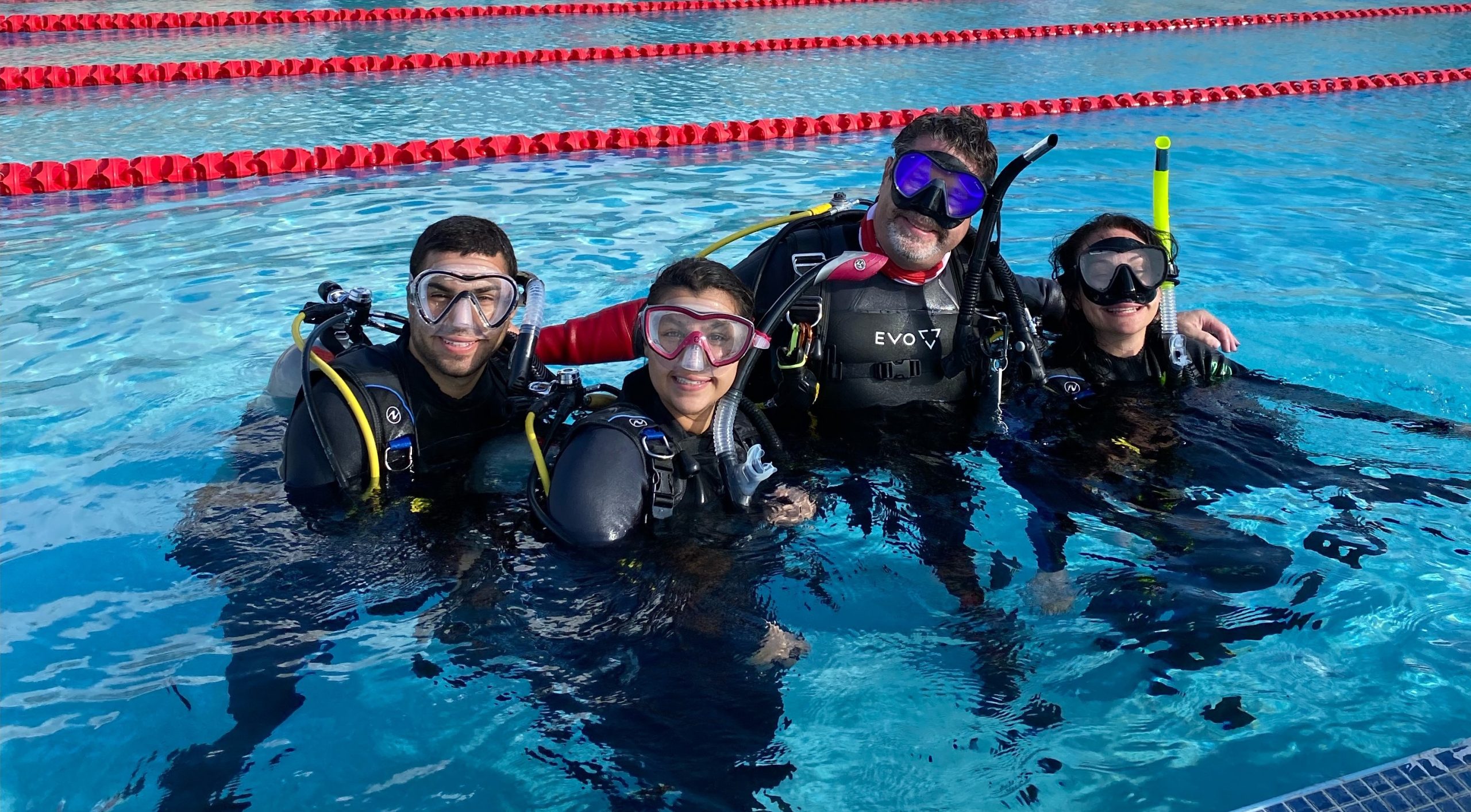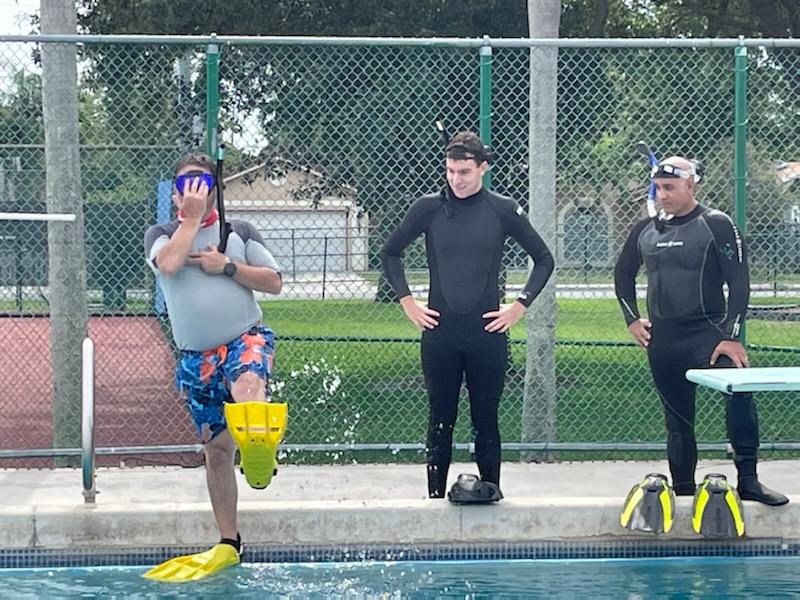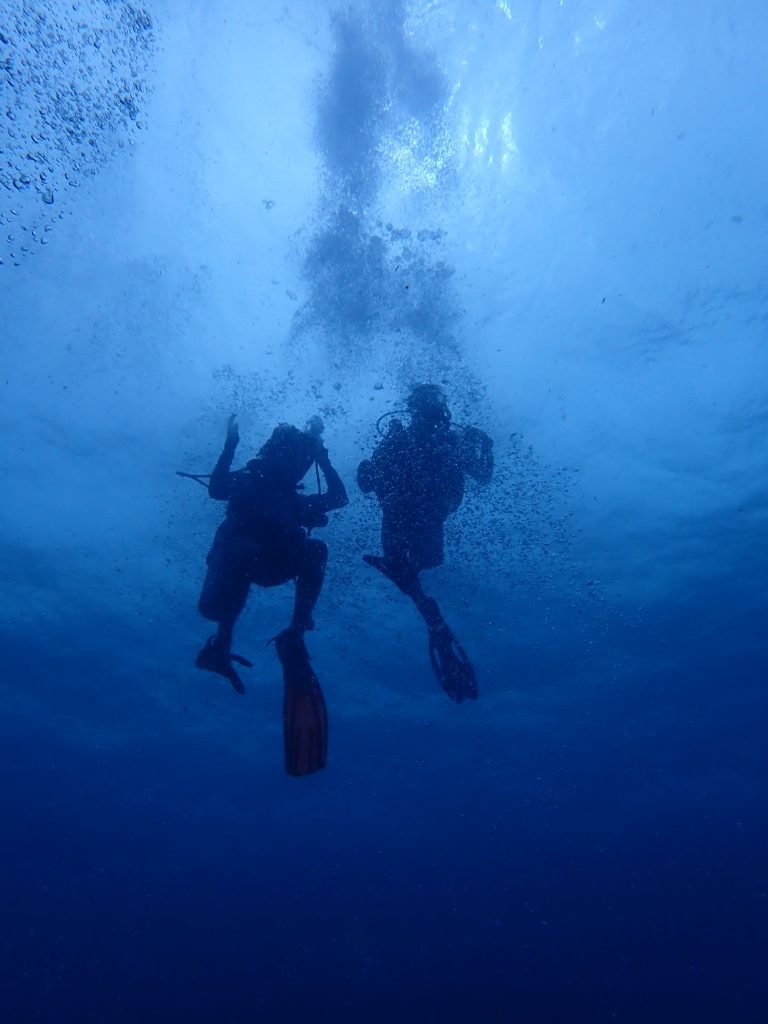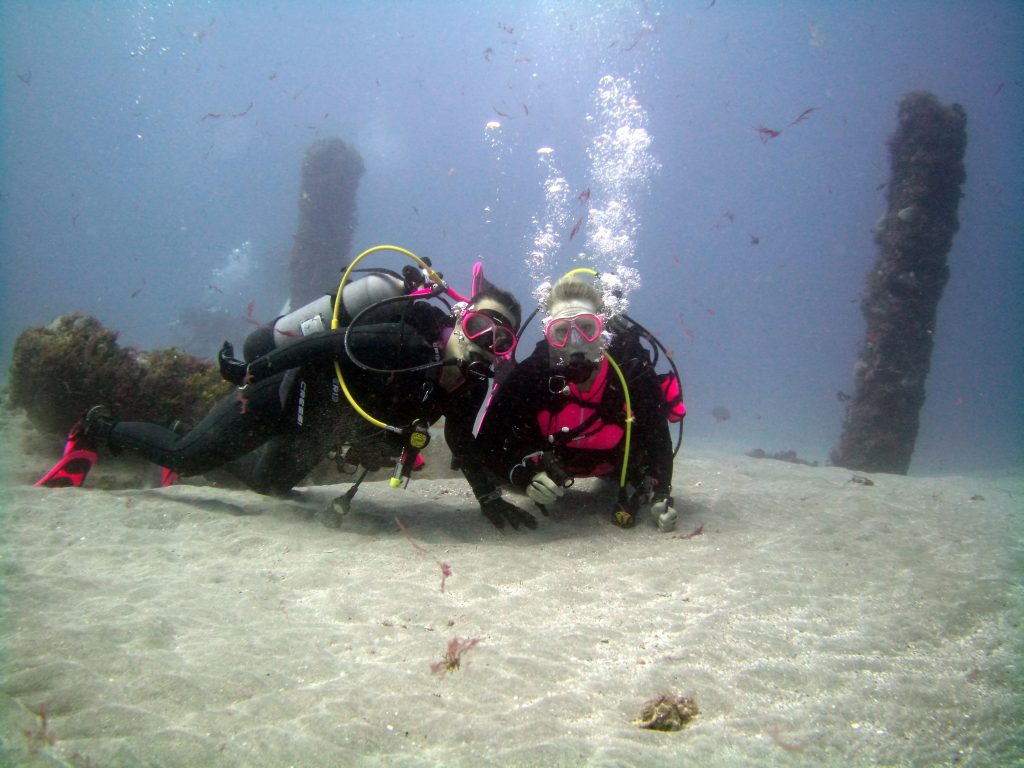What to Expect When Getting Your Scuba Diving Certification

So, you’ve always been fascinated by the underwater world and the creatures that inhabit it. You’ve decided it’s time to take the plunge and become a certified scuba diver. Congratulations! Scuba diving is an exhilarating and rewarding experience that allows you to explore a whole new world beneath the surface. In this guide to scuba diving certification, we’ll explore what you can expect on your certification journey and provide you with essential tips to help you succeed.
Before Getting Started: Are You Ready for Scuba Diving?
Scuba diving is an exciting and fulfilling activity, but it’s also a physically demanding one. Before you jump into scuba diving certification, it’s crucial to ensure that you’re prepared both mentally and physically.
First and foremost, you should be comfortable in the water and have basic swimming skills. While you don’t need to be an Olympic swimmer, you should be able to swim at least 200 yards without stopping and tread water for 10 minutes. These skills are important for your own safety and the safety of others in your diving group.
Secondly, it’s essential to be in good overall health. Scuba diving puts additional stress on your body, so it’s important to have a medical check-up before starting your certification process. Issues such as heart conditions, lung problems, or certain medications may prevent you from diving. Always consult with a medical professional to ensure you’re in good diving condition.
Most agencies will require to you fill out a medical form prior to any classes. If any of the answer on the form are YES, that usually means you will need to take the form to your Doctor, discuss the risks of scuba diving, and have your Doctor sign the form before you will be allowed to participate in the class.
Choosing the Right Certification Agency
Once you’ve established that you’re ready for scuba diving, the next step is to choose the right certification agency. There are several reputable organizations that offer scuba diving certifications, including PADI, SSI, and NAUI. Each agency has its own curriculum and requirements, so it’s essential to do your research and find the one that aligns with your needs and preferences.
PADI (Professional Association of Diving Instructors) is the most widely recognized and globally respected scuba certification agency. They offer a comprehensive training program that includes theory, confined water dives, and open water dives. SSI (Scuba Schools International) and NAUI (National Association of Underwater Instructors) are also highly regarded and provide similar training programs.
When choosing a certification agency, consider factors such as the availability of courses in your area, the reputation of the agency, and the quality of their instructors. Don’t be afraid to reach out to local dive centers and ask for recommendations. They often have affiliations with specific certification agencies and can provide valuable insights.
The Certification Process: From Classroom to Open Water Dives
The scuba diving certification process typically consists of three components:
- Knowledge Development
- Confined Water Dives
- Open Water Dives
Let’s take a closer look at each of these components to understand what you can expect during your certification journey.
Knowledge Development
This is where you’ll acquire the theoretical knowledge needed to become a certified scuba diver. Traditionally, this component was delivered in a classroom setting, but many certification agencies now offer online or e-learning options for flexibility. Topics covered include dive physics, physiology, equipment, and safety procedures. You’ll complete quizzes and exams to assess your understanding of the material.
Confined Water Dives

After completing the knowledge development portion, it’s time to put theory into practice. Confined water dives take place in a controlled environment, such as a pool or calm shallow water. Here, you’ll learn and practice essential scuba skills under the guidance of a certified instructor. Skills covered may include assembling and disassembling scuba equipment, buddy communication, buoyancy control, and emergency procedures. These confined water dives build your comfort and confidence in handling scuba gear.
Open Water Dives

The final component of the certification process is the open water dives. Tare conducted under the supervision of a certified instructor. During the open water dives, you’ll apply the skills you learned in confined water and demonstrate your competency in various real-world diving scenarios. Typically, you’ll complete a minimum of four open water dives to earn your certification.
Here in Palm Beach County, Florida, we are blessed to have shore dive sites like the beautiful Blue Heron Bridge where we can do all of our open-water dives. Other locations have quarries, lakes, and even dive boats in low-current areas.
How to Succeed in Your Scuba Diving Certification Journey
Now that you know what to expect during the certification process, let’s dive into some tips on how to succeed and make the most of your scuba diving journey.
Find a reputable dive center
Choosing the right dive shop is crucial to your success as a new scuba diver. Look for a facility that has experienced instructors, well-maintained equipment, and a friendly and welcoming atmosphere. Take the time to visit different dive shops in your area, talk to the staff, and ask questions. Trust your gut instinct and choose a dive shop where you feel comfortable and supported.
Practice, practice, practice
Scuba diving, like any skill, requires practice to master. Take advantage of any opportunities to get in the water and practice your skills. Join dive clubs, participate in local dive events, and consider taking additional specialty courses to expand your knowledge and abilities. The more you dive, the more confident and comfortable you’ll become.
Stay current with your skills
Scuba diving is a perishable skill, meaning if you don’t use it, you may lose it. It’s essential to continue diving regularly to maintain your skills and comfort level in the water. Consider joining a local dive club or scheduling regular dive trips to keep your skills sharp. Additionally, attending refresher courses or completing advanced training can help you build upon your initial certification and enhance your diving capabilities.
Dive with experienced divers

Diving with more experienced divers can provide invaluable learning opportunities. Observe their techniques, communication skills, and overall behavior underwater. Don’t be afraid to ask questions and seek guidance from those who have been diving for longer. Remember, the diving community is known for its camaraderie and willingness to help newcomers.
Prioritize safety
Safety should always be your top priority when scuba diving. Always follow the rules and guidelines set by your certification agency and instructors. Never dive beyond your level of training and experience. Maintain proper dive planning and procedures, always dive with a buddy, and never push your limits or compromise your safety for the sake of a dive. By prioritizing safety, you’ll ensure an enjoyable and accident-free diving experience.
Wrap Up
Scuba diving certification is a gateway to a whole new world of exploration and adventure. By following this ultimate guide and incorporating the tips provided, you’ll be well-prepared to embark on your scuba diving journey. Remember to take your time, enjoy the learning process, and always prioritize safety. Once certified, the underwater realm will open up to you, and you’ll have the opportunity to witness breathtaking marine life, explore intriguing dive sites, and create memories that will last a lifetime. Dive in and start your scuba diving adventure today!